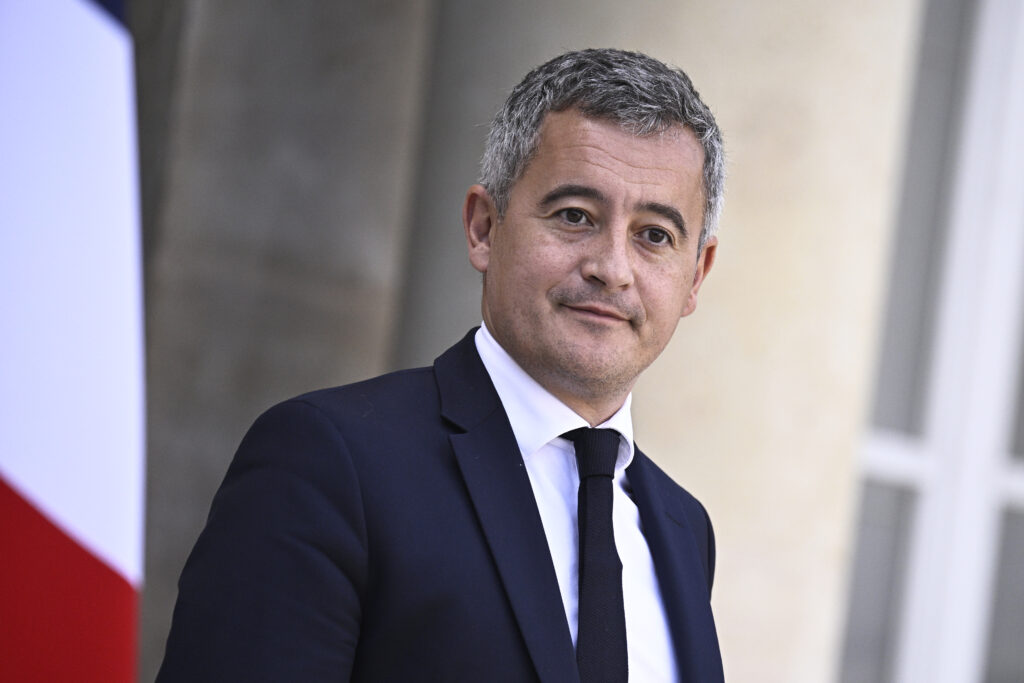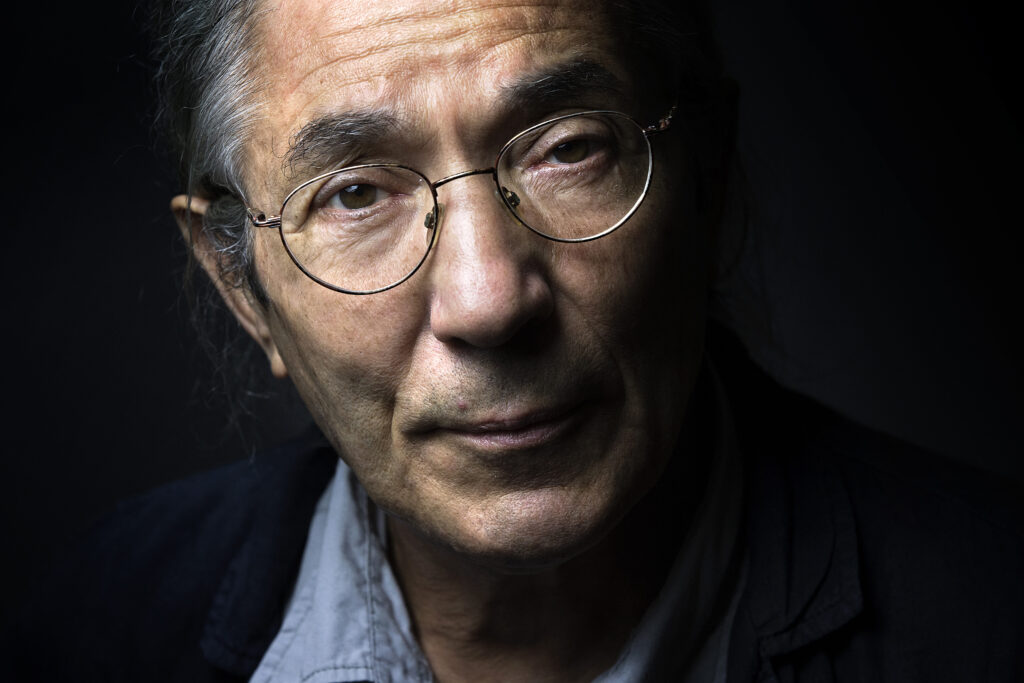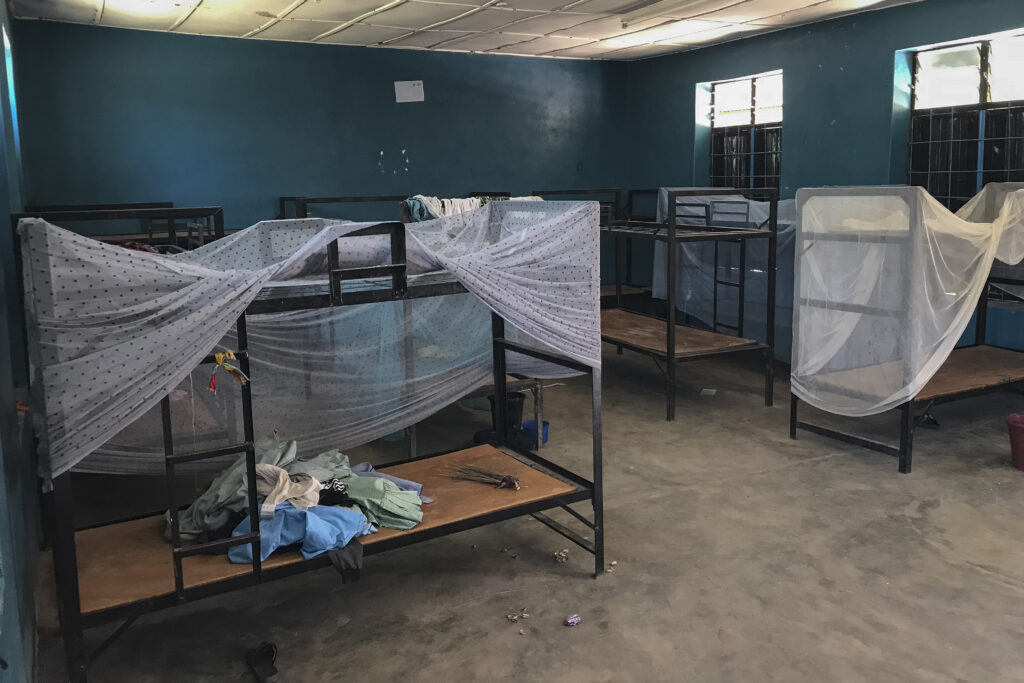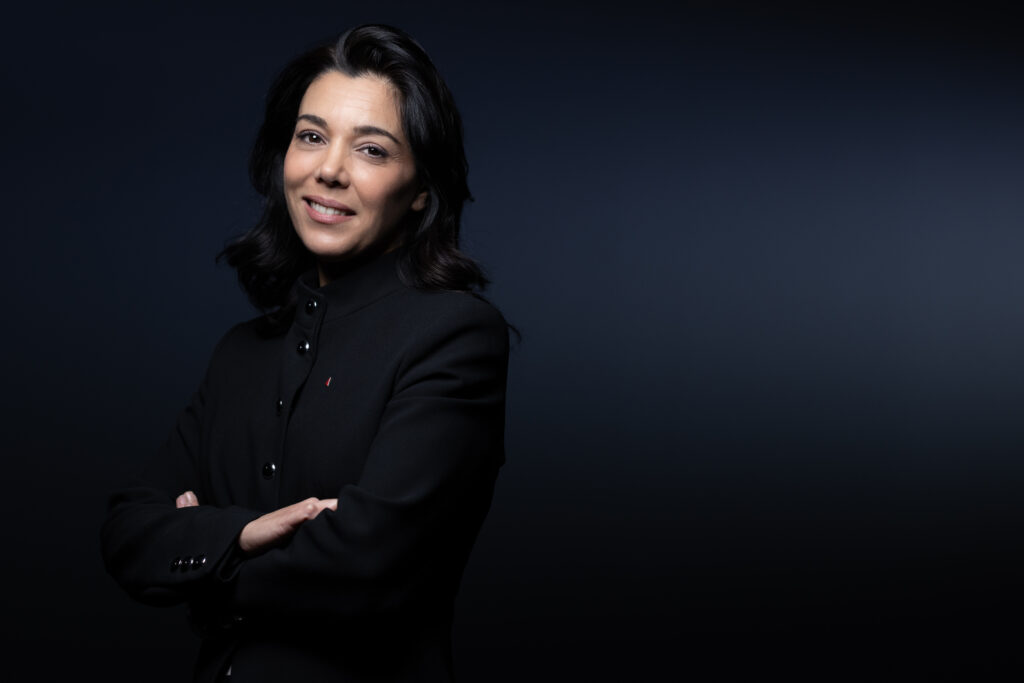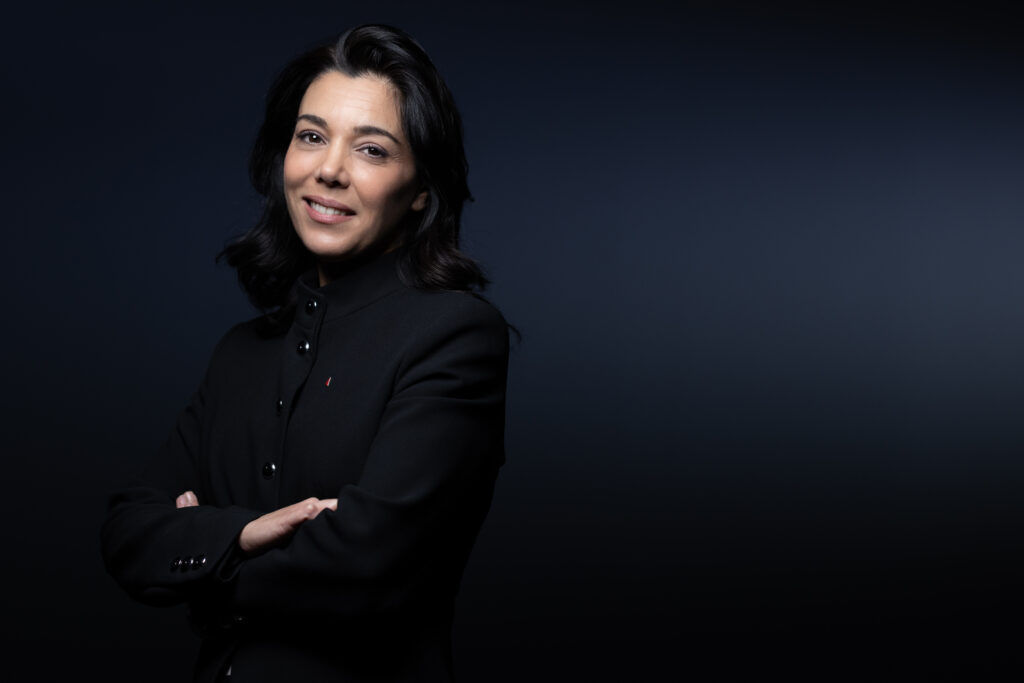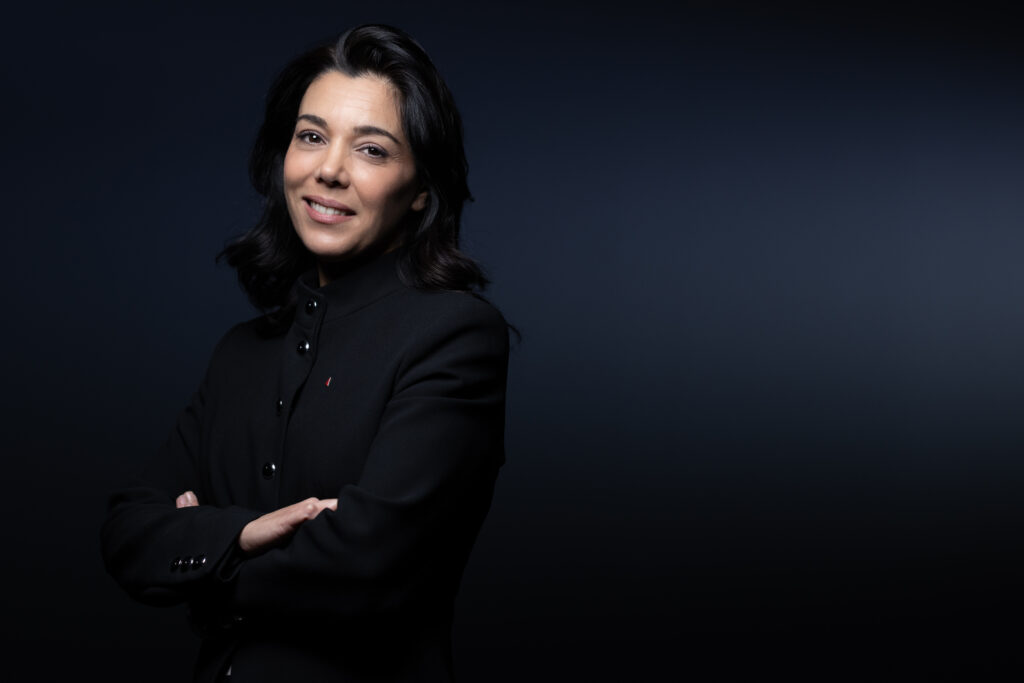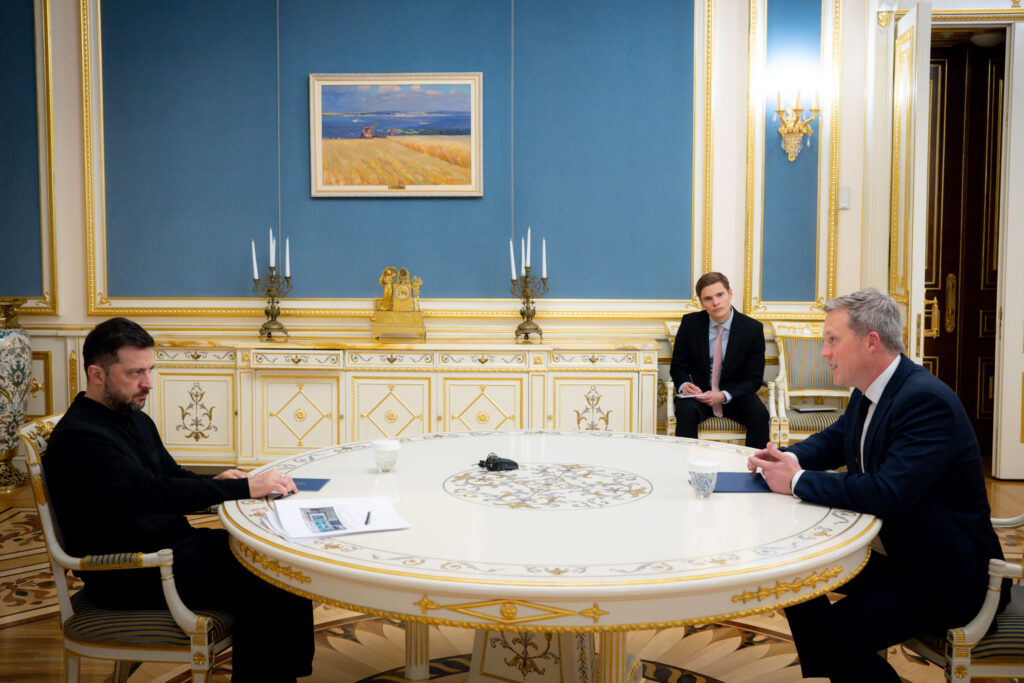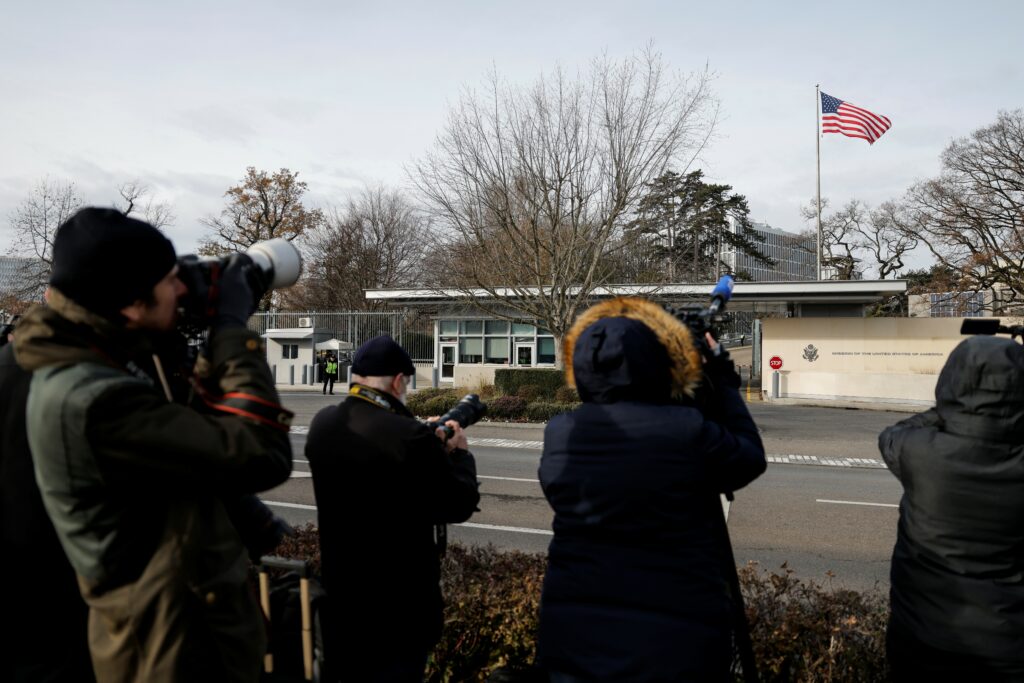Darmanin veut revoir les règles d’application des peines pour les narcotrafiquants
Le ministre de la Justice, Gérald Darmanin, a affirmé dimanche qu’il souhaitait une refonte des règles d’application des peines en matière de criminalité organisée, alors qu’un détenu de la prison pour narcotrafiquants de Vendin-le-Vieil a obtenu une permission de sortir. “L’épisode concernant le détenu de la prison de haute sécurité de Vendin-le-Vieil”, autorisé à une sortie “travail”, “met en lumière un enjeu plus large: notre cadre législatif d’application des peines doit être pleinement revu face aux réalités de la grande criminalité organisée”, écrit le ministre dans un message posté sur X. “Ces profils particulièrement structurés et dangereux exigent des outils juridiques différents et une vigilance toute particulière”, poursuit le ministre. Gérald Darmanin avait défendu au Parlement la loi sur le narcotrafic, qui comprend des mesures répressives, des outils pour les enquêteurs, et la création de quartiers de haute sécurité dans des prisons pour y placer à l’isolement les narcotrafiquants les plus dangereux. La loi a été promulguée en juin. Dimanche, le ministre a dit souhaiter “moderniser et consolider les règles encadrant l’exécution des peines pour les criminels les plus dangereux (…)”.Il promet, comme en matière de terrorisme, “un droit spécifique et un juge d’application spécialisé qui connaît parfaitement les profils dangereux”, et entend proposer ces changements dans le cadre du prochain texte de loi qu’il présentera “en début d’année prochaine”. La permission de sortir “travail”, délivrée par un juge de l’application des peines à un détenu du nouveau quartier de lutte contre la criminalité organisée (QLCO) de la prison de Vendin-le-Vieil (Pas-de-Calais), a suscité l’incompréhension, voire l’indignation de syndicats pénitentiaires. Le juge de l’application des peines (JAP) de Béthune (Pas-de-Calais) a émis une ordonnance octroyant cette permission de sortir, malgré un avis défavorable du parquet, a indiqué le procureur de Béthune Etienne Thieffry. Le parquet a fait appel, mais la chambre d’application des peines de la cour d’appel de Douai a confirmé l’ordonnance du JAP, a-t-il ajouté.Le procureur n’a pas souhaité commenter le fond de l’affaire. Mais “il est dans les critères légaux” pour cette permission de sortir, a-t-il admis. “Après, tout est question d’opportunité et d’appréciation”, a estimé le magistrat.”C’est l’un des objectifs de la peine d’emprisonnement que de favoriser la réinsertion, pour permettre à la personne de retrouver sa place sans risque de récidive, après avoir payé sa dette envers la société”, a-t-il rappelé. Dans le cadre de sa permission de sortir “employeur” lundi, le détenu de Vendin-le-Vieil sera pris en charge par son épouse puis effectuera l’aller-retour vers la région lyonnaise dans la journée, et sera réintégré en détention le soir, a indiqué à l’AFP une source pénitentiaire.Cette autorisation de sortie se fera donc sans escorte, car “ce n’est pas le cadre habituel d’une permission de sortir employeur”, a précisé cette source. “Néanmoins les forces de l’ordre locales ont été averties”, a-t-elle ajouté. Selon une source syndicale, la sortie du détenu se fera entre 7H00 et 21H00.
